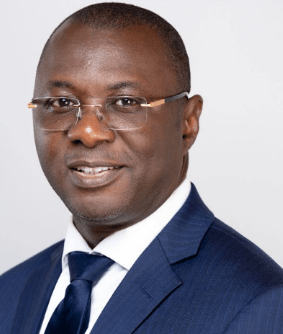A US$260million financial package has been signed with the World Bank to address critical challenges in the energy sector. It marks the country’s first energy sector partnership with the World Bank in Washington, D.C. for over two decades.
The agreement, comprising US$250million credit and a US$10million grant, has been described as a transformative step toward achieving a more sustainable and efficient energy sector.
Dr. Mohammed Amin Adam, Minister for Finance, outlined the Energy Sector Recovery Programme for Results (P4R) initiative, which focuses on improving the financial viability of Ghana’s electricity distribution sector and increasing access to clean cooking solutions.
The programme targets pressing issues, including high distribution losses and low revenue collection rates, which together have cost Ghana approximately 2 percent of its GDP annually.
Ghanaians will all agree that the current situation we find ourselves in with regard to the energy sector is unsustainable and needs to be urgently addressed; that is why this agreement offers a glimmer of hope, provided the funds are allocated diligently to the stated objectives; particularly when one considers that energy shortfalls alone have cost the country roughly US$1.2billion this year.
The programme will include investments to enhance revenue collection and operational efficiency, with improvements like prepaid metering systems and advanced commercial management for distribution utilities.
Robert Taliercio, Country Director-World Bank, highlighted the P4R initiative’s strategic goals – saying that many energy reform measures were incorporated into a strong energy pillar within the World Bank’s Development Policy Financing (DPF) series, and after moving through board approval in June and Ghana’s parliamentary approval in September the agreement reached its ceremonial signing phase.
The P4R’s broader objectives include strengthening Ghana’s energy sector accountability and financial transparency.
“The P4R focuses on improvements in energy sector institutional capacity and accountability, introducing transparency, certainty and predictability into the sector’s financial flows,” Mr. Taliercio said.
Reforms under the programme are expected to ensure long-term sustainability and ensure alignment with Ghana’s national development goals, creating an environment that attracts investment and promotes productivity.
With an economic recovery underway, a financially viable electricity distribution sector would certainly help drive Ghana’s economic growth upward.










